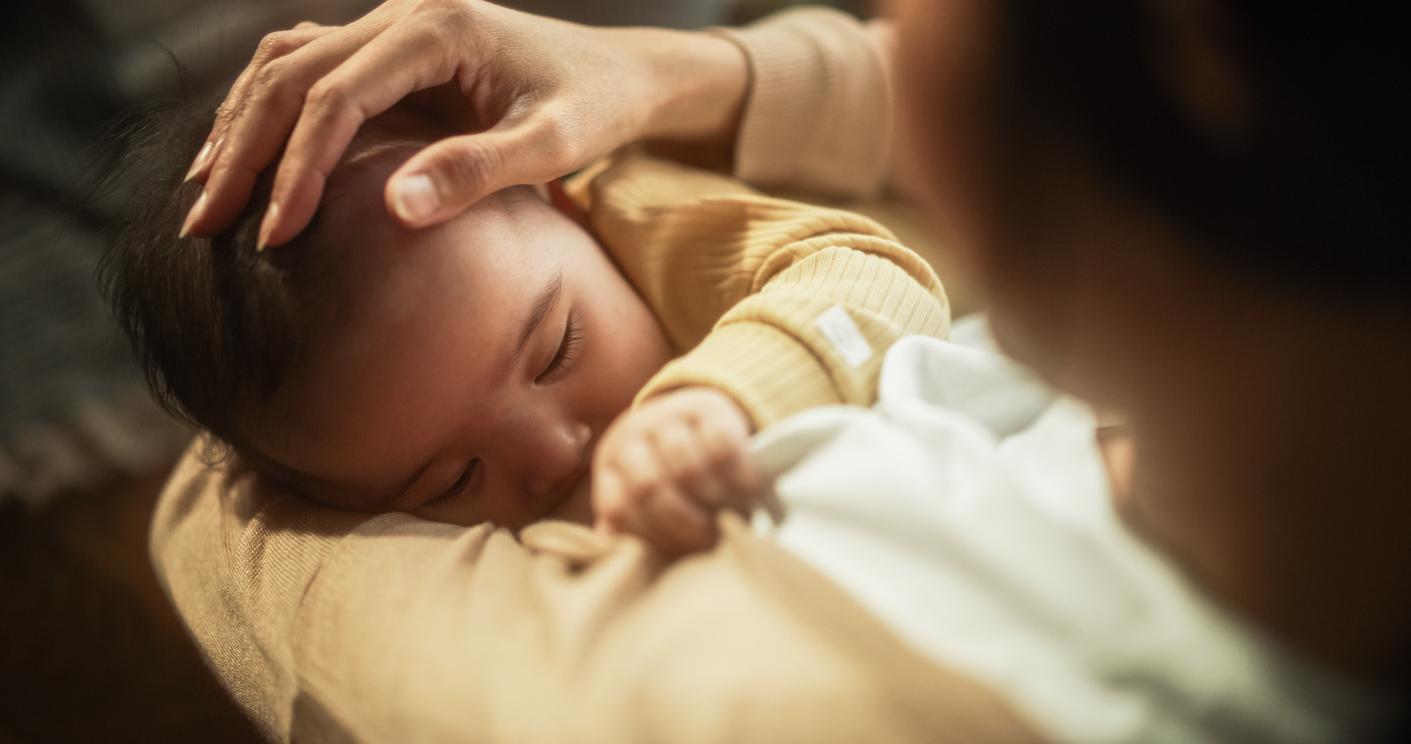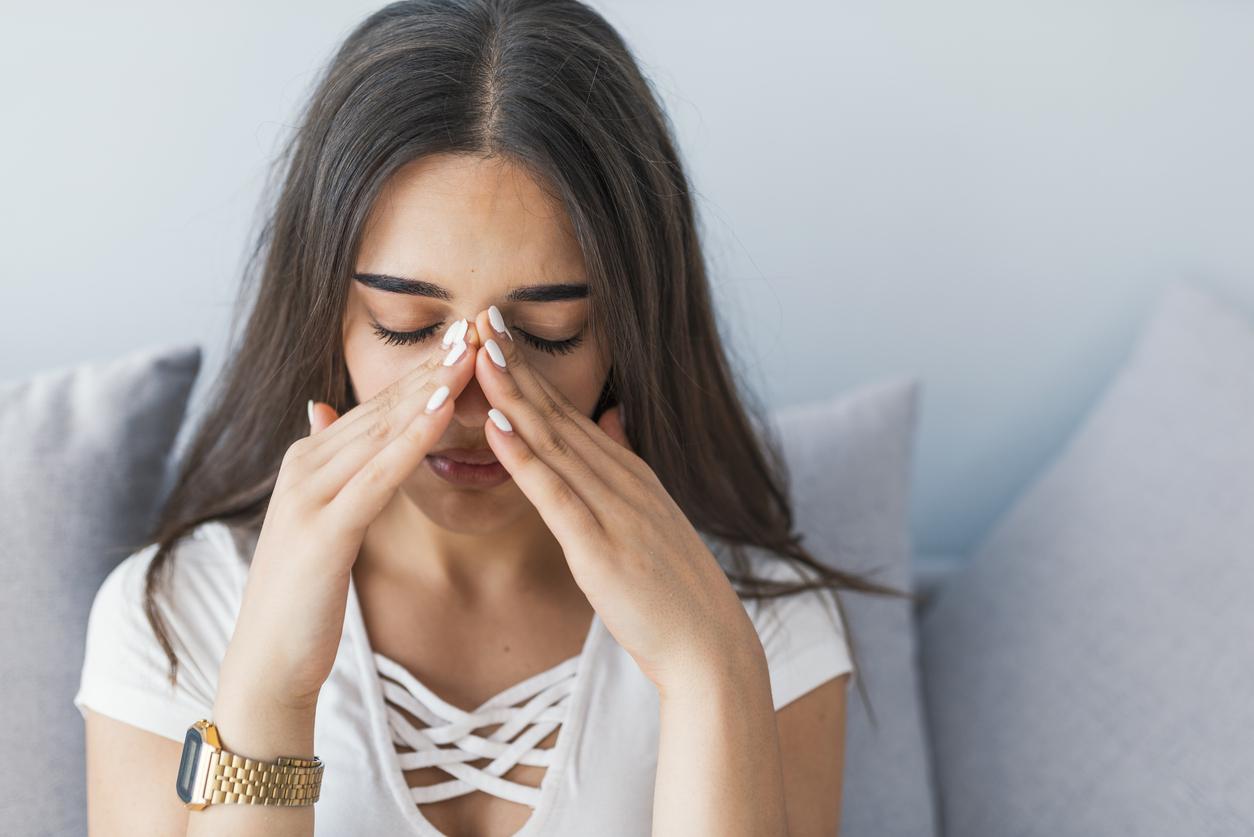
Of everyone who received home care or informal care before the corona crisis, 40% currently receives no or less care. This is shown by research by the Dutch Patient Federation.
In one third of the cases, the home care organization itself stopped providing care, in the remaining part clients decided to stop themselves in consultation with relatives and/or the home care organization. Alternatives are offered, such as video calling with home care. About 5% use it.
Worry more
Of the respondents, 88% are somewhat or seriously concerned about the disappearance of informal and home care. People have to fall back on informal care from family members or other informal carers, and that does not always work out well. The canceled home care concerns, among other things, residential counselling, wound care, washing and dressing, domestic help, psychological care and daytime activities.
Loneliness
In addition, loneliness and social isolation are increasing. Nevertheless, most informal carers try to maintain contact with their loved one; three quarters call and a quarter video calls regularly with those they care for.
Necessary care continues
According to branch organization Actiz, there is less home care or other home care to protect clients and healthcare employees against the corona virus. The organisation says to Nu.nl that patients receive essential care. This concerns, for example, the administration of medication and palliative care. Domestic help, in particular, is being discontinued more often.
The Dutch Patient Federation surveyed 10,000 participants, of which 1,300 were able to answer questions about home care. The full study can be read here. The same study was conducted in March 2020, the results of which are can be found here.
Source: Patient Federation Netherlands, Nu.nl.
















